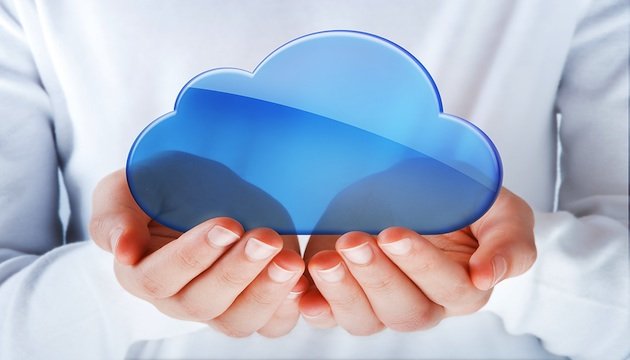
It’s no secret that data loss is a serious threat for businesses of all sizes. Every week, 140,000 disk drives crash in the U.S., and people risk losing their data along with their device.
Natural disasters such as fires, floods, earthquakes and hurricanes can wipe out business data even when that data is backed up to a local drive. Conservative estimates peg data loss costs to U.S. businesses at $11.8 billion every year (see The Cost of Lost Data by David M. Smith).
Every week, 140,000 disk drives crash in the U.S.
Though less catastrophic, everyday data issues can also rack up hidden costs in lost opportunity and credibility. How many times have you relied on your smartphone or tablet and failed to find the data you needed immediately to answer a customer question or to complete a transaction?
Cloud-based data synchronization and protection (aka, online backups) can be an easy and cost-effective way to make sure you’re never at a loss for the essential data you need to run your business. But not all cloud data services are created equally.
Here are a few questions to ask before you entrust your valuable data to a backup or sync service:
How secure is the service? Does it encrypt my data?
Your business data is valuable and can be sensitive, especially if you have customer information that is proprietary or personal. Imagine the credibility and possible financial risks to your business if your customer data were to be hacked or publicly exposed. The best cloud data services encrypt your data in accordance with International Organization for Standardization (ISO) guidelines, and their data centers and practices are ISO-certified as well.
How long have they been in business and how have they scaled their service to date?
Let’s face it: keeping people’s data in the cloud is still a relatively new approach, and a lot of companies don’t have a clue. These are the ones you read about in the news – companies that think they have a great idea, but they may not quite have all of the bugs worked out yet. Why would you risk your data, when avoiding data risk is your main objective? Make sure your data services provider has been around for a while.
How easy is it to back up and restore data?
One of the many downsides of relying solely on physical backup is that many people don’t do it frequently enough – simply because people forget! Studies have also shown that many physical backups are not completed correctly. Online backup can be as easy as “set it and forget it,” which ensures that your most current data is protected, that it can be accessed all of the time, and that it can be restored when needed to get back up and running quickly.
What’s the cost – not only as you begin to backup your files, but also after you have protected a large amount of data?
Make sure you understand the costs for backup at the outset. Many vendors offer free backup for a small amount of data, then charge a monthly fee as the amount of data grows. This fee is appropriate: you want to be sure that your data services provider does have a sustainable business model to be in business for the long haul. But make sure you know before you make a decision about your provider.
What devices does it support?
Today’s users have multiple kinds of devices to conduct their businesses and where their data resides: smartphones, desktops, laptops and tablets. Make sure your data services provider can support all of your devices.
Does it support both data protection and data access?
Having your information at your fingertips means that your data is protected AND accessible to you when ever and where ever you need it. Offering only backup or sync is not enough.
Russ Stockdale is Vice President of Backup Recovery Systems at EMC and General Manager at Mozy








